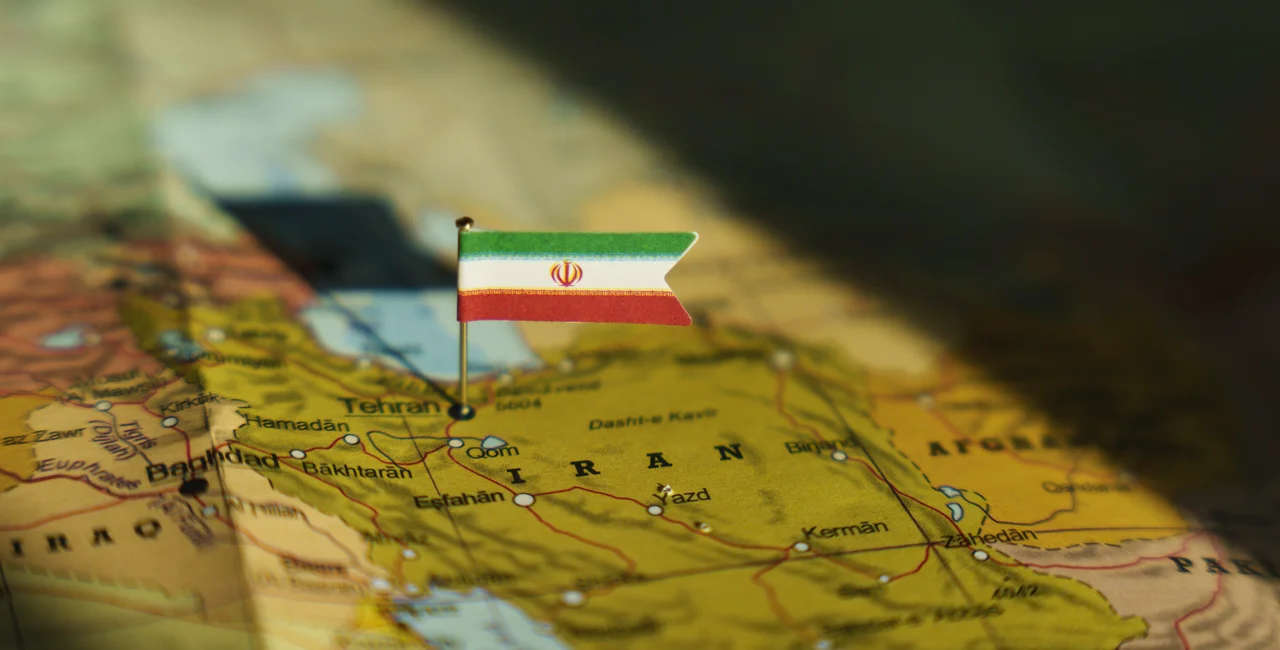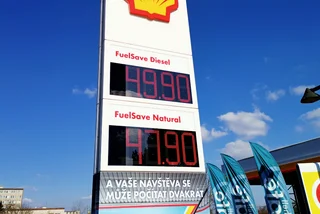The recent U.S. air strikes on Iranian nuclear facilities have drawn cautious support from Czech officials, who view the military action as a measure aimed at curbing Iran’s nuclear ambitions. Prime Minister Petr Fiala described the strikes as an understandable response to a longstanding threat to international security, while emphasizing the need for renewed diplomatic efforts to stabilize the Middle East.
Foreign Minister Jan Lipavský echoed this stance, underscoring Czechia’s close monitoring of the situation and readiness to back efforts toward a peaceful resolution. Meanwhile, concerns over the potential wider consequences of the escalation, including effects on fuel prices in the Czech Republic, have surfaced as the conflict intensifies.
Czech government supports US action, calls for diplomacy
Prime Minister Petr Fiala acknowledged the serious threat posed by Iran’s nuclear program, calling the U.S. strikes on three Iranian nuclear sites a comprehensible step to prevent Iran from acquiring nuclear weapons.
The military action, which followed Israel’s initiation of attacks targeting Iran’s nuclear infrastructure on June 13, represents a direct involvement of the United States in the Israeli-Iranian conflict.
Fiala expressed hope that this show of force would pressure the Iranian regime into negotiations to defuse tensions in the volatile Middle East region.
“The U.S. military action, which has supported Israel’s efforts, will hopefully finally get the Iranian regime to negotiate to calm the situation in the Middle East,” Fiala said on social media platform X.
Foreign Minister Jan Lipavský also highlighted Czechia’s alignment with its NATO and EU allies in closely monitoring the developments. “We understand the security reasons that led the United States to act—Iran’s nuclear program has long posed a threat to the entire world,” Lipavský said.
The Czech government emphasized its commitment to supporting any diplomatic solutions aimed at preserving regional stability and preventing further escalation.
Nuclear safety and economic implications
The Czech State Office for Nuclear Safety reassured the public regarding the environmental risks following the strikes. Dana Drabová, head of the agency, stated that no radiation spread beyond the affected Iranian facilities has been detected so far, and any uranium contamination should be limited to the targeted sites.
Drabová noted that if the destruction of the facilities is confirmed, Iran’s nuclear program would likely be delayed by several years. She cautioned, however, that more detailed information is needed to fully assess the situation.
Alongside security concerns, Czech economic analysts have flagged potential consequences for domestic fuel prices due to the increased instability in the Middle East. The U.S. military involvement in the ongoing Israeli-Iranian conflict has raised fears of prolonged disruptions in the global oil supply.
Petr Lajsek, an analyst at Purple Trading, highlighted that Iran, producing about three million barrels of oil daily, ranks among the world’s top producers. The risk of naval blockades or attacks on oil tankers could lead to a sustained “risk premium” on oil prices.
For Czech consumers, this may translate into fuel prices climbing above CZK 40 per liter in the coming days, reversing earlier expectations of a relatively cheap summer. The extent of fuel price increases will depend heavily on how long the conflict persists and how deeply the U.S. and Israel can disrupt Iran’s energy resources and transport routes.













 Reading time: 2 minutes
Reading time: 2 minutes 


























